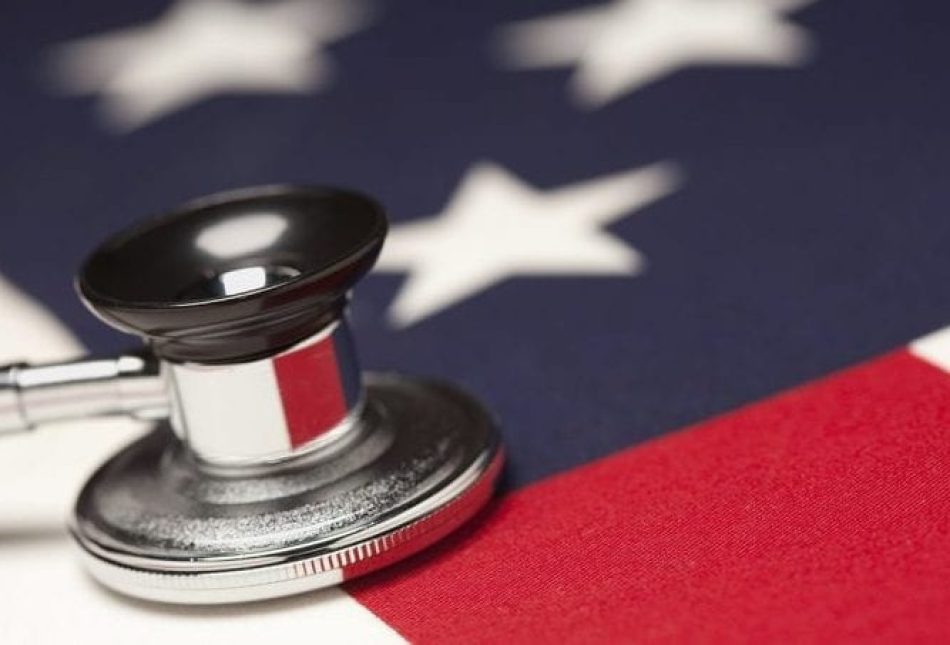How We Pay Doctors Makes All the Difference

A few weeks ago, the Journal’s health care reporter, Winthrop Quigley, argued in a column that how we pay for doctors is irrelevant. I could not disagree more. In fact, it is the incentives created by government that have created the current system.
Once upon a time in this country, the doctor-patient relationship was direct. Patients paid their doctors directly and if they could not pay, doctors were often flexible in accepting installments or alternative means of payment.
During World War II the federal government placed price controls on businesses, thus limiting their ability to hire scarce labor and ushering in the era of tax-advantaged “fringe benefits.” Unfortunately, while tax incentives for employer-provided health care may have seemed like a fine idea at the time, this was the first break in the doctor-patient relationship.
Over time, employers grew frustrated with spiraling health care costs (employees, after all, were paying little or nothing for their health care and thus had no reason to spend wisely). This spurred the introduction of HMOs and other cost-control measures, further separating doctors from their patients.
After all, doctors no longer answered to their patients but to insurance companies. Whereas a patient has strong incentives to get the best care for his or her money, HMOs care more about cutting costs, sometimes in ways that patients find objectionable.
According to a recent Boston ABC-TV news story, thousands of patients who were prescribed a brand-name cholesterol drug were being switched to a generic by their doctors. Doctors were paid $100, per patient, by the insurance company for making the switch. There were 2,400 patients switched by their doctors with no disclosure that the doctor was being paid to do so. If doctors treated their patients (not the insurance companies) as their customers, this would probably not happen.
Even avowed socialists like Michael Moore understand (to a point) that how we pay doctors is important. Insurance companies are taken to task in Moore’s movie “Sicko” for denying patients necessary care. What Moore and other advocates for government-run health care fail to see is that replacing insurance companies with government bureaucrats will only make the current situation worse.
After all, someone has to control costs and that means making decisions about who receives treatment and who doesn’t. Even in countries where the tolerance for high taxes is much higher than it is here, governments have imposed waiting periods and other mechanisms to deny care, thus keeping a lid on costs to taxpayers. (Of course, Michael Moore conveniently left these stories out of his movie.)
There are really only three cost-control options: individuals, insurance companies or the government. It only makes sense that individuals, particularly if they are armed with adequate information by their doctors, can obtain the best care for themselves for the lowest cost. After all, in a world of scarce resources where trade-offs are inevitable, wouldn’t you rather decide how those trade-offs are made instead of having someone else decide for you?
That is the thinking behind Health Savings Accounts (HSAs). Rather than giving insurance companies or the government the final call over my health care needs, as the proud owner of an HSA, I am building money in a savings account and can use that money on the care I need. This includes “alternative” forms of medicine that are not always covered by traditional insurance policies.
HSAs or, better still, simply giving individuals the tax advantages that are now given to employers to pay for health care, will improve the quality of our health care while saving money at the same time. Any scheme that purports to “reform” health care without empowering patients must rely on someone else to contain costs and will only worsen the problems we now face.
How we pay doctors drives the incentives in the health care system. Restoring the relationship between doctors and their patients can only be done by returning patients to the rightful role of owning their own health care.

